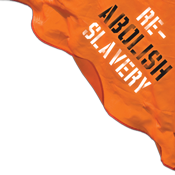“In the early days of his career, Tucker had collected stories of musicians’ bad behavior as if they were baseball cards. They fascinated
him not because he wanted to emulate the musicians concerned, but because he was a moralist, and the stories were so unambiguously appalling that they served as a useful piloting guide: in his line of work, it didn’t take much to gain a reputation as a decent human being. As long as you didn’t hurl a girl out of a window when you’d finished with her, people thought you were Gandhi.
“He’d even gotten into fights a couple of times, in a pompous attempt to protect somebody’s honor — a girl, a roadie, a motel receptionist. Once, when he’d punched the obnoxious bassist of an indie-rock band that ended up filling stadiums, he was asked who’d died and made him fucking king.
“The question was rhetorical, of course, but he’d ended up thinking about it. Why couldn’t he let these young men behave like young men? Musicians had been assholes since the day the lute was invented, so what did he think he was going to achieve by pushing a couple around when they’d had a drink?
“For a while, he blamed the kind of novels he read, and he blamed the decency of his parents, and he blamed his brother, who had managed to kill himself by driving into a wall when he was drunk. Books and parents and a tragic fuckup brother, he felt, had given him a solid ethical grounding.
“He could see now that he’d always been heading for a fall. It turned out he was the kind of moralist who abhorred the behavior of others because he was so scared of his own weakness; the more he whipped himself into a frenzy of disapproval, the harder it would be to cave in without losing face.
“He was certainly right to be afraid. When he met Julie Beatty, he discovered there wasn’t very much to him aside from weakness.” (>>)





